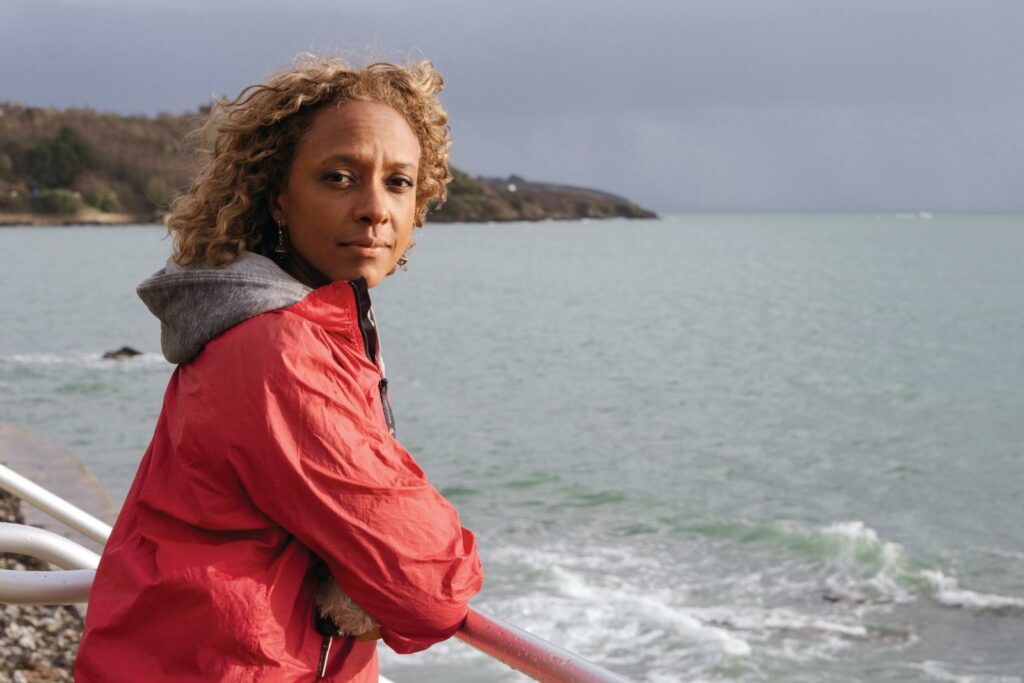OPINION
Gillian Burke
“Law is arguably the most powerful tool for protecting the Earth”

“WE CAN BE PASSIONATE ABOUT protecting nature but all the passion in the world won’t change a thing if the law doesn’t reflect a need to protect the environment. “Law is a technical subject [and] about reason – argument, logic, facts and evidence are its daily bread and butter,” writes Conor Gearty, a human rights lawyer and lecturer at the London School of Economics. If all this sounds like home to the scientist and naturalist alike, then the parallels run even deeper with the law mirroring the complex interactions of the natural world, where everything is connected.
Like a rich ecosystem of interconnected parts, where no single species can exist on its own, “all laws exist in the context of each other” explains Joelle Grogan, legal academic and senior researcher at King’s College London. Just as in natural systems, laws are constantly evolving and adapting to reflect the society they are meant to serve.
Mirroring the tree of life, the myriad branches of UK law can be traced back to 1215 when King John put his seal on Magna Carta, which reined in the power of the monarchy and established the rule of law. Extremely recent history in evolutionary terms but, centuries later, the impact of this founding moment affords us the many liberties and legal protections we enjoy today.
All this might feel like we’ve veered way out of our lane as wildlife enthusiasts, but taking an interest in the law is to grasp what is arguably the single most powerful tool for protecting the Earth.
From taking individual offenders to task, by reporting and successfully prosecuting wildlife crimes, to challenging government decisions and policy, organisations like Wild Justice and Plan B are powerful voices and advocates for nature and climate justice. Meanwhile, environmental law charity ClientEarth has many successful legal challenges under its belt, including against corporate ‘greenwashing’ – a practice where companies attempt to mollify growing public concern for the environment with demonstrably false or misleading claims about their green credentials and products.
It doesn’t stop there. In late 2022, WWF and ClientEarth filed a legal complaint to the UK’s Office for Environmental Protection for being “missing in action” in enforcing key environmental regulations.
But perhaps the most audacious legal endeavour, and what is described as “the most important legal opportunity of our time” by Stop Ecocide International, is the campaign to make ecocide – the mass destruction and damage of ecosystems – an international crime, enforceable by the International Criminal Court. Breathtaking in its scope, it promises to unleash the full power of the law to protect a liveable world for all human and non-human life.
Yet in the UK, within the next year or so we may witness the ‘switching off ’ of hundreds, if not thousands, of pieces of environmental legislation and protection under the Retained EU Law Bill. Like a vast taxonomic survey cut short, the bill will remove all the pieces of EU law that are still in the UK statute book post-Brexit before they’ve all been identified. If the bill is passed into law, the proposed ‘sunset clause’ will take effect and whole swathes of environmental law stand to be weakened or completely lost, if the government decides.
“Without the resources and time for stakeholder engagement, the slow and conscious effort to define the best laws and policies for the UK will be lacking,” Joelle Grogan goes on to explain. With the complicated tapestry of environmental protection and law at risk of unravelling or, at the very least having great big holes punched into it, there has never been a better time to spice up your passion for nature, by falling in love with law.

Catch up on all the episodes from last year’s Winterwatch on BBC iPlayer

Gillian Burke is a biologist, writer and presenter.
You can visit gillianburkevoice.com to read her blog and latest news.